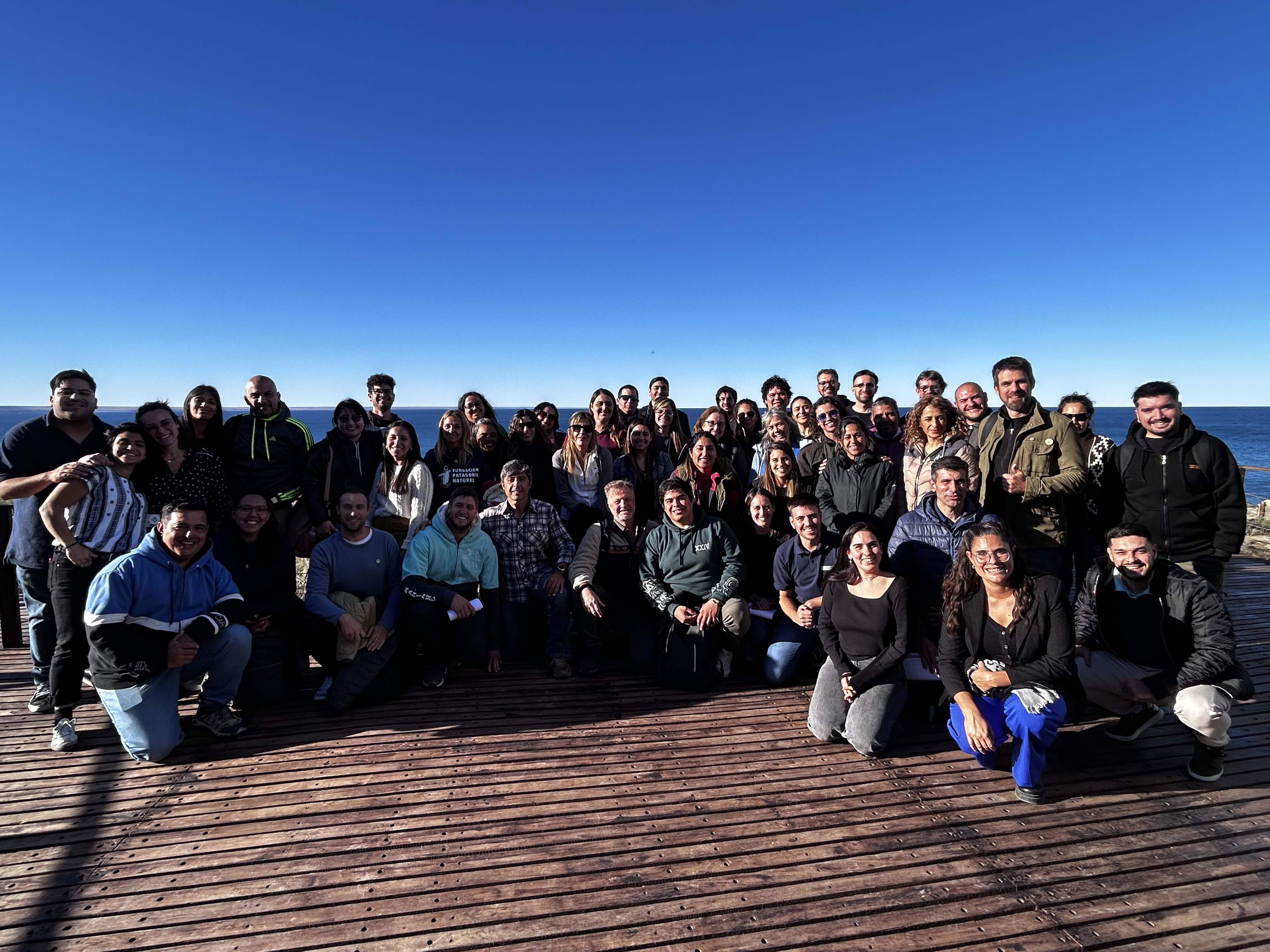More than 45 teachers from 15 schools in Chubut Province, Argentina, participated in the first training to launch our newest capacity building partnership: the YouthEnergy project.
New study about how small wind can bring sustainable energy development to rural communities
In collaboration with an extensive group of researchers our WISIONS team members Carmen Dienst and Willington Ortiz published a new study about market assessment methodologies for rural electrification with small scall wind power. It will be published in November 2020 in the Renewable and Sustainable Energy Review Vol. 133, but can be already assessed here. Direct link to the study
Abstract:
The mass roll out of solar PV across the Global South has enabled electricity access for millions of people. In the right context, Small Wind Turbines (SWTs) can be complementary, offering the potential to generate at times of low solar resource (night, monsoon season, winter, etc.) and increasing the proportion of the total energy system that can be manufactured locally. However, many contextual factors critically affect the viability of the technology, such as the extreme variability in the wind resource itself and the local availability of technical support. Therefore, performing a detailed market analysis in each new context is much more important. The Wind Empowerment Market Assessment Methodology (WEMAM) is a multi-scalar, trans-disciplinary methodology for identifying the niche contexts where small wind can make a valuable contribution to rural electrification. This paper aims to inform the development of WEMAM with a critical review of existing market assessment methodologies. By breaking down WEMAM into its component parts, reflecting upon its practical applications to date and drawing upon insights from the literature, opportunities where it could continue to evolve are highlighted. Key opportunities include shifting the focus towards development outcomes; creating community archetypes; localized studies in high potential regions; scenario modeling and MCDA ranking of proposed interventions; participatory market mapping; and applying socio-technical transitions theory to understand how the small wind niche can break through into the mainstream.

